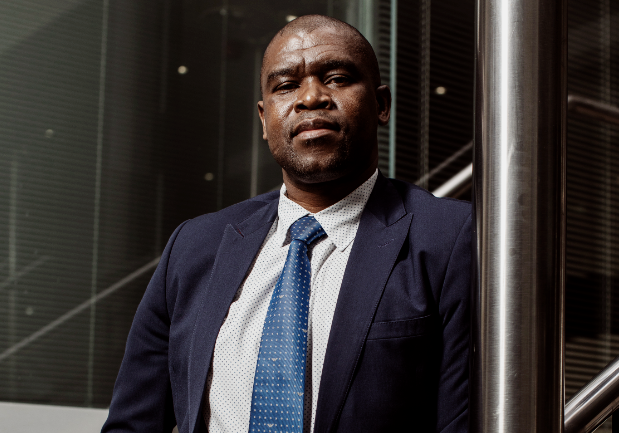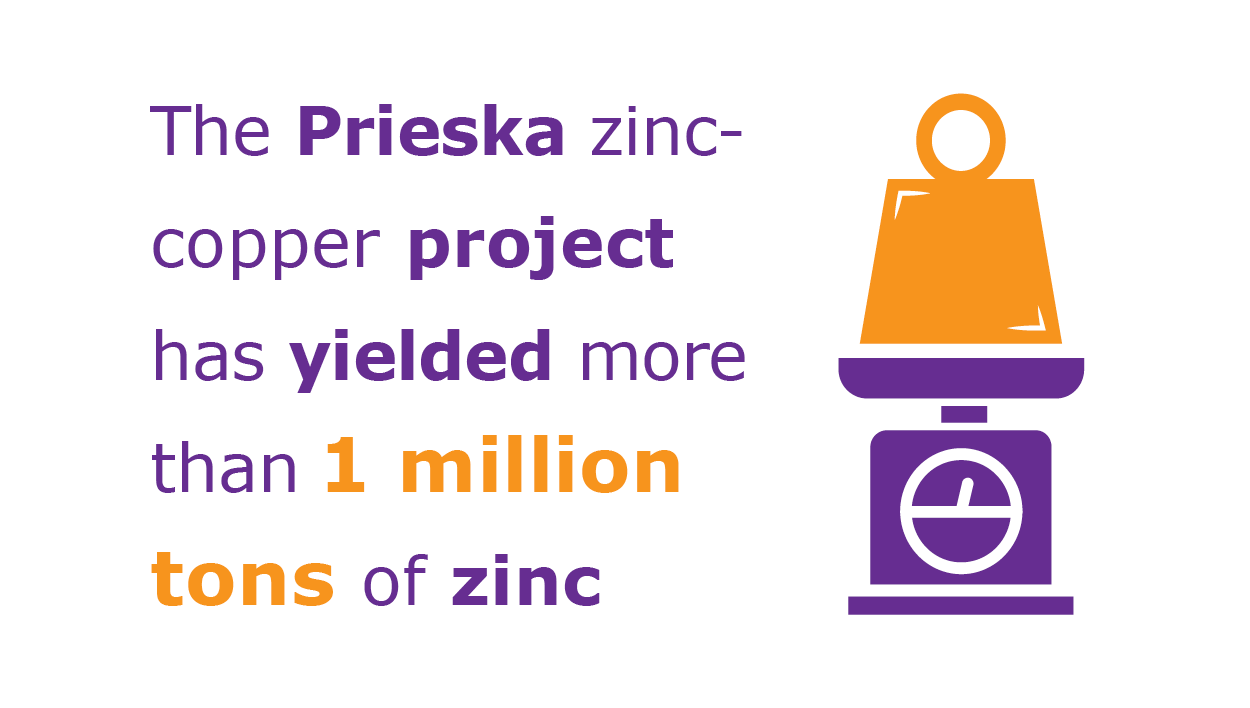The European gas crisis presents a number of opportunities for African countries with natural gas potential. In the SADC region, Mozambique is one example, where massive gas discoveries have been made in the Rovuma basin. Namibia is another, revealed last year by Shell and its partners with the discovery of the Graff-1 and -2 wells, as well as TotalEnergies and its partners with the Venus-1 well. With Mozambique having started exporting LNG to global markets at the end of last year, Namibia is likely to follow suit once it has developed the necessary production infrastructure.
Bongani Sayidini, a petroleum engineer, is the COO of the Petroleum Agency SA (PASA), the regulator of the upstream petroleum industry in South Africa. Mandated in terms of Section 70 of the Minerals and Petroleum Resources Development Act (MPRDA) of 2002 by the Minister of Mineral Resources and Energy, PASA evaluates South Africa’s petroleum resources and promotes the country’s prospectivity.
‘A number of natural gas discoveries on- and offshore South Africa have already been made and are currently in development or near development,’ he says. ‘These include the 3 trillion cubic feet [tcf] of gas and condensate discoveries in Block 11B/12B off the south coast by TotalEnergies and partners, which include Qatar Energy, Canadian Natural Resources and Mainstreet. This joint venture [JV] drilled two gas exploration wells in the deepwater block, which is sited some 175 km from Mossel Bay, in 2019 and 2020.’
Last September, TotalEnergies applied for a production right over Block 11B/12B, which now requires environmental authorisation. ‘It is envisaged that the first phase of development will consist of the drilling of at least three gas-producing wells, and the construction of subsea pipelines that will connect the wells to the existing PetroSA F-A gas production facility,’ says Sayidini.
‘Subject to successful gas offtake negotiations, the first phase of this project will enable the supply of gas to the PetroSA gas-to-liquids refinery in Mossel Bay by 2027, which will revive the refinery since it ceased operations in 2020 due to depleting gas reserves.’
The second phase will bring about the drilling of at least 10 additional wells, he says, and the construction of a new gas production facility to process ‘up to 560 MMscf/d [million standard cubic feet per day] of gas, enough to power a plant of up to 3 000 MW, if all of it is converted to power’.
A similar exploration right that is at an advanced stage is that over Block 5/6/7, again held by TotalEnergies but in partnership with Shell and PetroSA. These JVs acquired some 10 000 km2 of 3D seismic data, which Sayidini explains has already been processed and interpreted. ‘This has led to the identification of various drill-ready prospects, with expectations that wells will be drilled in the block in 2023/24.’
In fact, there are at least 30 active exploration rights on- and offshore in the country, in various stages of exploration, he says, which could demonstrate that the country is well-endowed in oil and gas. The PASA estimates that there are some 60 tcf of prospective gas resources along the south, west and east coasts.
It’s similar with the onshore potential. Some 400 billion cubic feet of natural gas with associated helium have been discovered by Tetra4, a subsidiary of Renergen, in Virginia near Welkom in the Free State. Tetra4 continues its second phase drilling construction of the liquid helium and LNG plant, and is already supplying LNG to the market.
PASA also estimates that there is in excess of 200 tcf of prospective shale gas resources, biogenic natural gas and coal bed methane. ‘This is significant because this gas potential could seriously aid energy security of supply in the country,’ says Sayidini. This is largely in the Karoo basin, which alone potentially holds 390 tcf of technically recoverable shale gas resources, according to the US Energy Information Administration.
‘The Petroleum Agency SA has undertaken a resource evaluation in the area, which confirms an active petroleum system in the Karoo. The exploration of this shale gas holds many potential benefits for South Africa in terms of energy security, economic growth and job creation,’ says Sayidini.
‘This will go a long way to reduce the country’s reliance on coal as a primary energy source accounting for at least 75% of electricity generation. The exploitation of shale gas could seriously reduce the nation’s carbon dioxide emissions and, in consequence, also lower its contribution to climate change.’
Regardless of how much the Karoo basin’s shale gas may contribute, there remains a big hurdle, which comes in the form of community groups who have concerns about fracking activity and its impact on the region’s water resources, which are under strain given the dry conditions. Sayidini does not try to allay their fears but does present a solution.
‘The use of large amounts of water and production of wastewater, induced seismicity, greenhouse gas emissions and groundwater contamination are real risks associated with hydraulic fracturing technology,’ he says. ‘However, these risks can be mitigated through appropriate regulations covering the full shale-gas life cycle.
‘Indeed, hydraulic fracturing has been used in the oil and gas industry for at least seven decades – since the 1940s – and, in the past 20 years, together with horizontal drilling, has been instrumental in making the exploitation of unconventional resources technically and economically viable.’
Regulation is, in fact, one of the reasons why South Africa is so attractive to oil and gas investors. Governed by the MPRDA and related regulations, the licensing of petroleum rights in South Africa is ‘fairly straightforward and low cost’, says Sayidini, making entry into the South African oil and gas sector easy. Furthermore, the country has a highly attractive petroleum fiscal regime that is simple, based on royalty and income tax, linked to profits.
‘It is a neutral regime, with the state-take limited to the available economic rent, which thus ensures a satisfactory return on investment. Further enhancing these regimes is the fiscal stability that is provided for in the Income Tax Act No 58 of 1962, with its various amendments, which in terms of the Tenth Schedule of the act, allows the minister to enter into a binding agreement with any oil and gas company in respect of an oil and gas right to be held by that company. Such an agreement will guarantee that the provisions of the schedule – at the date on which the agreement is concluded – will apply in respect of that right, for as long as the right is held by the company.’
However, the petroleum regulatory environment is expected to change in the near future. The Upstream Petroleum Resources Development Bill, gazetted at the end of 2019 by Minister Gwede Mantashe, is currently before Parliament for processing. This bill separates the regulation of petroleum from the combined law, which currently regulates minerals and oil and gas.
‘We remain excited about the gas potential in South Africa, particularly from a national energy security perspective,’ says Sayidini, who points out that according to the National Development Plan, 20 GW of electricity could be generated from just 24 tcf of gas, which is almost half of the country’s current electricity generating capacity. And, if discovered in sufficient quantities, gas in the form of LNG will enhance South Africa’s potential to respond to the European gas crisis and improve its global exports.
As he puts it, ‘the exploration and exploitation of these prospective gas resources could further aid the country’s transition towards net zero carbon emissions by 2050, provided all other fundamentals to support the development of gas are in place’.








